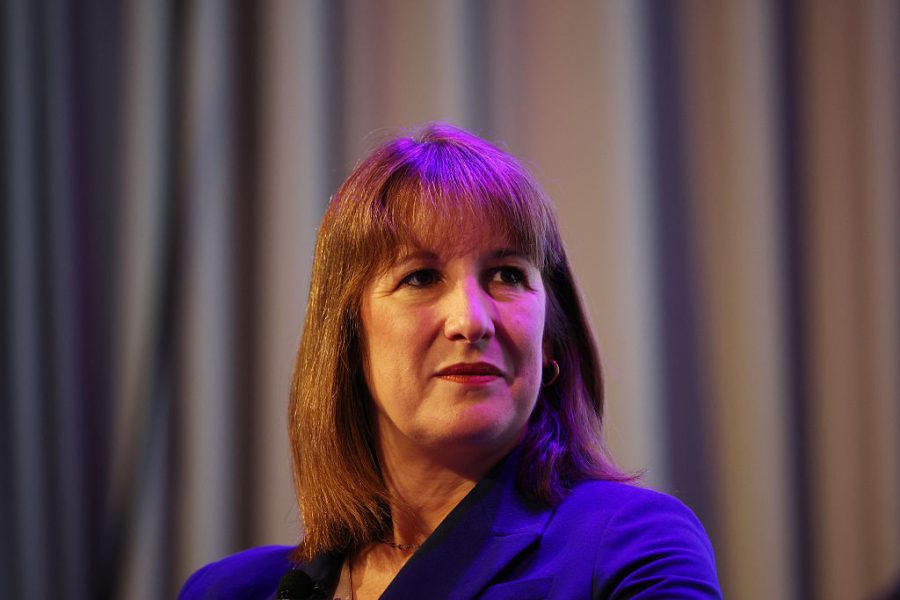The poorest Brits now owe £6.6 billion in unpaid council tax – a record high and up some 85 per cent since before the pandemic. That’s according to data released this morning by the Ministry of Housing, Communities and Local Government, which suggests Britain is plunging back into a cost-of-living crisis. What’s more, a report also out today by the Centre for Social Justice (CSJ) finds that between 2022 and 2024, some 400,000 more households slipped into arrears, taking the total number of people in debt to their local council to 1.8 million.
The CSJ’s report also finds that 97 per cent of those in arrears have at least one ‘personal vulnerability’ compared to 47 per cent in the whole population. Those in arrears are three times more likely to have health problems and twice as likely to be grieving or to have recently lost their job.
If spending only goes up, so too must tax
Of course there are some people who are simply dodging paying their council tax and Matthew Greenwood, author of the CSJ’s report, says they should face ‘the full force of the law’. But he goes on to say:
Our report shows that the vast majority of those in arrears are not refusing to pay – they’re simply unable to, often due to poor health, job loss or other negative life shocks. Under the current rules, missing just one payment can make someone liable for the entire year’s bill within weeks, triggering bailiff action and, in some cases, threat of imprisonment. It’s an outdated, punitive system that fails to distinguish between those who won’t pay and those who genuinely can’t.’
The CSJ would like to see that punitive system change with more help provided for those struggling to pay their bills.
The news, the CSJ says, flies in the face of the government’s commitment not to increase taxes on working people. But separate research from the Institute of Fiscal Studies finds that council tax is likely to rise at its fastest pace for two decades.
Core spending in local government rose by 3.5 per cent above inflation annually over the last two years and the spending review has it going up by 2.6 per cent a year on average for the next three years. That’s a better settlement than many central government departments were granted by the Chancellor, but rather than increased funding from the Treasury, the vast majority of this cash increase will come from a higher council tax take. The message to councils from Rachel Reeves seems to be that they should make use of the maximum allowed bill increase of 5 per cent a year.
With the squeezed and derided rich now choosing to leave the country rather than pay ever more tax, the burden for our ballooning state is increasingly going to have to fall on lower- and middle-income earners. The government has now pledged another £30 billion on defence, the winter fuel U-turn has proved ministers do not have the gumption to take on pensioners and now with a large-scale rebellion over Liz Kendall’s very modest welfare reforms – that only shave £5 billion off a sickness benefits bill that will rise to around £100 billion whatever happens in the Commons – it seems that our politicians are only prepared to take public spending in one direction.
As Paul Johnson of the IFS noted yesterday: if spending only goes up, so too must tax. What we see in today’s council tax data is a stark reminder that contrary to polling of the public – who think the rich should just pay for everything – this burden is going to have to fall on poorer and average shoulders. While Britain’s overall tax burden is now at a post-war high, individual tax levels remain lower than in many countries with comparable public spending. That gap will surely have to close if the state continues to grow.
Yet no political party seems willing to make a serious case for a smaller, leaner state – not even the Tories, who won’t support even modest welfare cuts because they’d rather see Keir Starmer lose a vote. The result? A system where even record-high taxation can’t keep pace with rising demands. If politicians continue to dodge the argument for restraint, voters will soon realise that it’s not just the welfare state that’s unsustainable, it’s their own household budgets too.
Join Sarah Vine, Michael Gove, Rachel Johnson and Hugo Swire as they discuss what it’s like Living with a Politician. Book tickets here







Comments